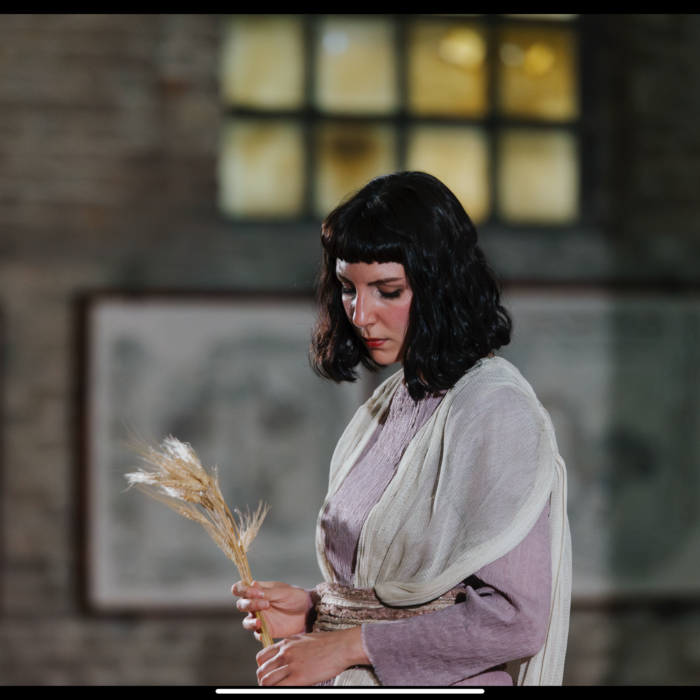
CD Review: Pan Classics’ ‘L’Italiana in Algeri’
By Bob Dieschburg“L’Italiana in Algeri” is quintessential Rossini, from its lighthearted tunes to the many twists of its delightfully ingenious plot. As a result, there is no shortage of exemplary recordings, with the 1978 DG release of Claudio Abbado standing out among the indispensable milestones in the piece’s discographic history.
In 2024, it is the turn of Pan Classics to present their version of this buffo favorite by adding to the roster an uncannily spontaneous take. Recorded at a live performance from 2022, it proves unpretentious, as conductor Jakob Lehmann and his cast of junior soloists manage to maintain a riveting freshness throughout its two hours and twenty-six minutes of playing time.
A Lean “Pappataci, Mustafà!”
The newest “L’Italiana” does not have at its disposal the voice of living legends like Sam Ramey or Marilyn Horne. Yet this does not put it at a disadvantage, as the cast sings with unending enthusiasm and near faultless precision. David Oštrek, for instance, lends his bass to the role of Mustafà, the focal point of the opera’s comedic action. Unlike some of his predecessors, he does not engage in vocal overacting but keeps his interpretation slender and lean.
Occasionally, it comes at the cost of sacrificing some of the part’s comicality, starting with his opening lines of “Delle donne l’arroganza.” Though cleanly executed, they appear to lack the sparkling naivety which one may expect from the Bey of Algiers. On the other hand, the directness of Oštrek’s interpretation goes well with the crisp stance adopted by the ensemble of Eroica Berlin. The latter produces the closest to a period sound yet heard on any recording of “L’Italiana,” including the past year’s release from Glossa Music. For example, the use of a fortepiano creates an intriguing soundscape in the recitatives; it is seemingly at odds with the recording tradition by unmasking the music’s historical roots, so to speak..
Spontaneity and Directness
The mezzo Hannah Ludwig sings the part of the title-giving Italian, the sharp-witted Isabella. She displays an extraordinarily mature characterization, thanks to the honeyed tones of her well-rounded instrument which easily adapts to both the agility of coloratura runs and the heavily Romantic lines of the protagonist’s Act two cavatina “Per lui che adoro.”
Baritone Adam Kutny similarly boasts a richly layered voice, with a grave core and luminous tops. His delivery is polished and neat, though short of the subtle irony which makes “Le femmine d’Italia” so memorable a piece in its most distinguished renditions. Kutny’s warm timbre is complemented by the fine tenor of Miloš Bulajić. The latter puts on display an entrancing mezza voce; yet in the upper range his instrument grows persistently uneasy, revealing the strain of the dazzling coloraturas more than any of his co-singers.
The cast is completed by the endearing Zulma of mezzo Laura Murphy and Manuel Walser’s Taddeo. Walser intuitively realizes the buffo potential of “Ho un gran peso sulla testa,” phrasing wittily but skillfully avoiding caricature. Finally, the role of Elivra is promisingly cast with Polly Ott whose airy soprano adds a sense of playfulness to the comprimario part.
Conductor Lehmann leads with a swift, yet inspired hand whose brisk tempi powerfully drive the action forward. His relentless enthusiasm make the recording uncompromising in its directness, and thanks to the spontaneity of the soloists it conveys the very thrill of a live performance – minor flaws included, mostly in the shape of some uneven sound engineering.


